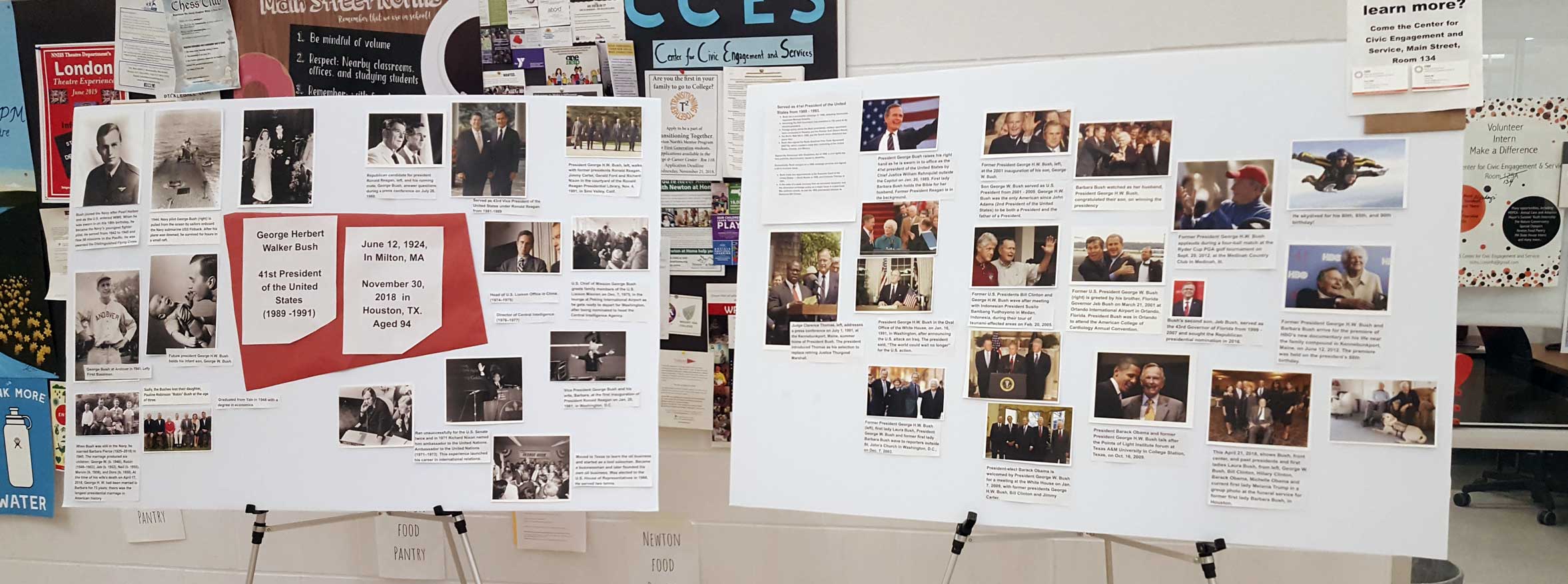Interested in learning more about civic engagement and service? There are many local resources, state and national organizations and on-line resources that support an informed and engaged student and young adult citizenry.
Government
- City of Newton Youth Services: https://www.newtonma.gov/government/health-human-services/youth-services
- City of Newton Elections Division: https://www.newtonma.gov/government/elections
- Congressman Jake Auchincloss – https://auchincloss.house.gov/
- Congresswoman Ayanna Pressley – Boston Office: https://pressley.house.gov/contact/offices/boston-office
- Senator Edward Markey – Boston Office: https://www.markey.senate.gov/
- Senator Elizabeth Warren – Boston Office: https://www.warren.senate.gov/contact/office-locations
- Massachusetts state delegation: Representatives Balser, Khan, and Lawn and Senator Creem: https://malegislature.gov/legislators
Other
-
League of Women Voters: www.lwv.org
- Corporation for National and Community Service: https://www.nationalservice.gov/
- Jonathan M. Tisch College of Civic Life at Tufts University: https://tischcollege.tufts.edu/
- Generation Citizen: https://generationcitizen.org/
- Icivics: https://www.icivics.org/
- The Council on Social Studies: https://www.masscouncil.org/
- Wall Street Journal: Blue Feed/ Red Feed https://graphics.wsj.com/blue-feed-red-feed/#/health-care (last updated August 2019. Can be used as a teaching tool.
Assessing the News
Understanding how the news is being presented and what sources news stories are drawing from is vital to being an informed and wise media consumer. Two questions are important to ask:
- What message is the writer/creator intending to convey?
- Who created the message?
To help you check news stories and sources, we provide the following excerpts from this excellent article from Rutgers University. The full article can be found here: https://libguides.rutgers.edu/fake_news.
Fact Checking Sites
- AP Fact Check
Fact-checking and accountability journalism from AP journalists around the globe. - Fact Check
“We are a nonpartisan, nonprofit “consumer advocate” for voters that aims to reduce the level of deception and confusion in U.S. politics. We monitor the factual accuracy of what is said by major U.S. political players in the form of TV ads, debates, speeches, interviews and news releases” - Lead Stories
Lead Stories uses the Trendolizer™ engine to detect and debunk the latest trending fake news stories and hoaxes found on known fake news sites & networks, prank generators and satirical websites. - Snopes
Known as the “definitive internet reference source for urban legends, folklore, myths, rumors, and misinformation”
Consistency and Bias
- Allsides.com
Provides news stories from a variety of sources with multiple biases. Recommended to get an understanding of how the same facts are reported from different sources. - Media Bias/Fact Check
Media Bias/Fact Check (MBFC News), founded in 2015, is an independent online media outlet. MBFC News is dedicated to educating the public on media bias and deceptive news practices.
Fact Checking – Specific to Politics and Elections
These websites fact check and provide information specific to politics, politicians and elections. They are especially important for finding facts and information for making informed decisions on voting.
- Vote Smart
Check voting records, background, and public statements of candidates from around the country. - Politifact
“PolitiFact is a fact-checking website that rates the accuracy of claims by elected officials and others who speak up in American politics.” - Open Secrets
“The Center for Responsive Politics is a non-profit, nonpartisan research group based in Washington, D.C., that tracks the effects of money and lobbying on elections and public policy. It maintains a public online database of its information” - Misinformation Directory
A list of websites that have posted deceptive content from Factcheck.org - Election 2020: Informed Voting
Research guide focused on becoming an informed voter for the 2020 Election
Reverse Image Searching
A quick an easy way to validate information is to research the images that accompany it. An out of context or faked/photo-shopped image will immediately indicate that the information could be misleading or false. Reverse image searching is also useful in tracking where an image or story originated in order to better understand the information and intent. Use these sites to verify all images to determine they have not been faked or manipulated or taken out of context.
- Google Reverse Image Search
Search for similar images, websites where an image appears, and other information that will help verify or put more context on an image. When using Chrome, right clicking allows for easy reverse image searching. - TinEye
A reverse image tracker that specializes in copyright and intellectual property violations. Searches only for exact duplicates of images. - Bing Visual Search
Reverse image search by photo, image, URL or browse to find an image. Images can be cropped for searching of specific elements.
If you find a resource that is not on this list– and should be– let us know and we will check it out!


